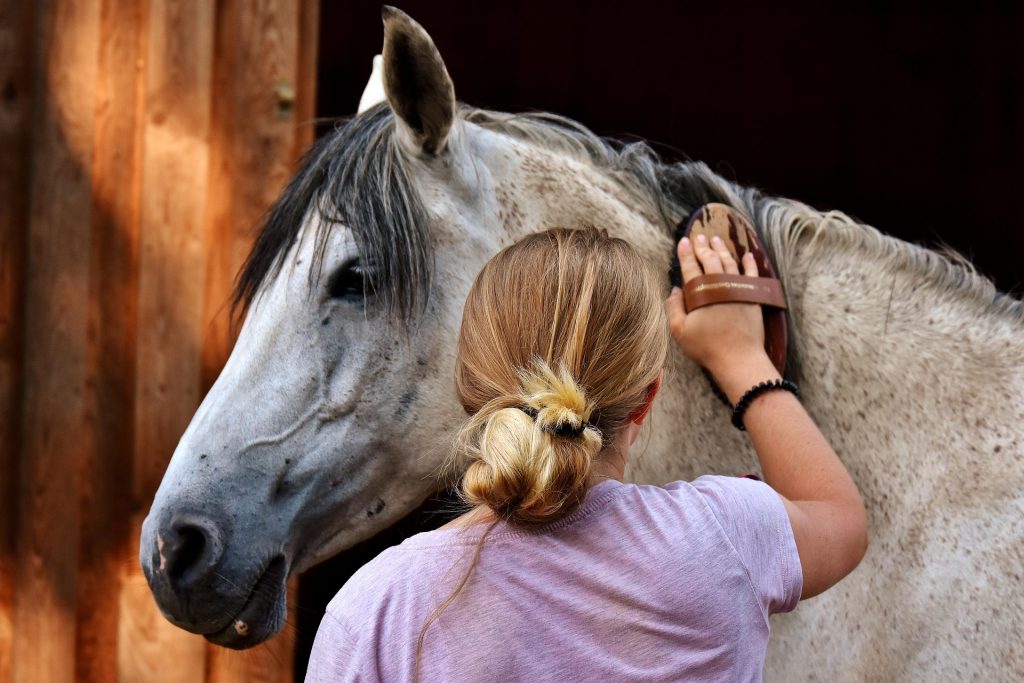In this post, we talk about how to build a career you’ll love working with animals! Working in animal-related professions enables many people to experience meaningful work that leads to happiness.
Individuals who want to work in dog training, pet grooming, pet sitting, or veterinary assistance can discover numerous opportunities to make significant changes in the animal industry.
When selecting a hands-on career that prioritizes animal welfare, you will most likely experience fulfillment and professional growth.
How to Build a Career You’ll Love Working With Animals

Gaining Practical Skills Through Specialized Training
The journey begins when you engage in proper preparation and receive the right guidance. An animal trade school enrollment marks an effective starting point for your journey because it delivers practical experience alongside career-specific education.
Trade schools enable students to investigate various career options, such as dog training, grooming, or veterinary assistance, while acquiring the necessary industry skills. Students find their best-suited niche during classroom lessons or hands-on lab sessions.
The educational program maintains a focused structure that offers efficiency while preparing students for immediate professional placement.
Trade schools provide accelerated educational programs that focus on specific roles and deliver cost savings compared to traditional four-year degrees.
Exploring Career Paths That Match Your Interests
Different individuals will discover that the animal care field matches their preferences, as the industry doesn’t use one fixed standard approach.
People who have artistic flair will find satisfaction in pet grooming because it combines aesthetic creativity with functional operation, while veterinary assistants attract those who want to work in health-research environments.
Your personal traits and preferences will help you identify the best animal care profession for yourself. Volunteering and direct observation of workers enable you to understand your professional objectives better.
Changing roles during early career development allows individuals to avoid working in fields that contradict their moral principles.
Understanding the Emotional Rewards and Challenges
The work with animals brings emotional rewards but presents significant challenges. Finding homes for rescued dogs and observing pets recover from their treatments provides powerful emotional rewards.
Your career may demand that you face emotionally challenging situations involving abused animals or pets with serious illnesses that require end-of-life care.
Working within this field requires building emotional resilience as a key component of the job. Access to mentors or coworkers and professional counseling services, when required, provides essential support.
Building relationships with animals and their owners provides a deeper purpose to your work, which helps you cope with tough situations.
Building Experience Through Internships and Volunteering
Successful candidates distinguish themselves through real-world experience, even though formal training remains essential. Through internships and volunteer work, people gain essential insight into daily animal care tasks.
These experiences allow you to develop your resume while building professional relationships and boosting your self-confidence.
You can develop your capabilities more effectively through hands-on tasks like walking shelter dogs and assisting in grooming salons than through classroom learning alone.
Students who volunteer at organizations land long-term jobs with those same organizations. Unpaid work experiences generate useful references and help clarify your career path.

Choosing a career in animal care requires both compassion for animals and specialized skills along with strong dedication. The important factor in your career journey through trade school or volunteer work is your commitment to learning and development.
Your passion for animals directs you toward helping them prosper while simultaneously allowing you to experience personal growth.
PIN IT!

Leave a Reply